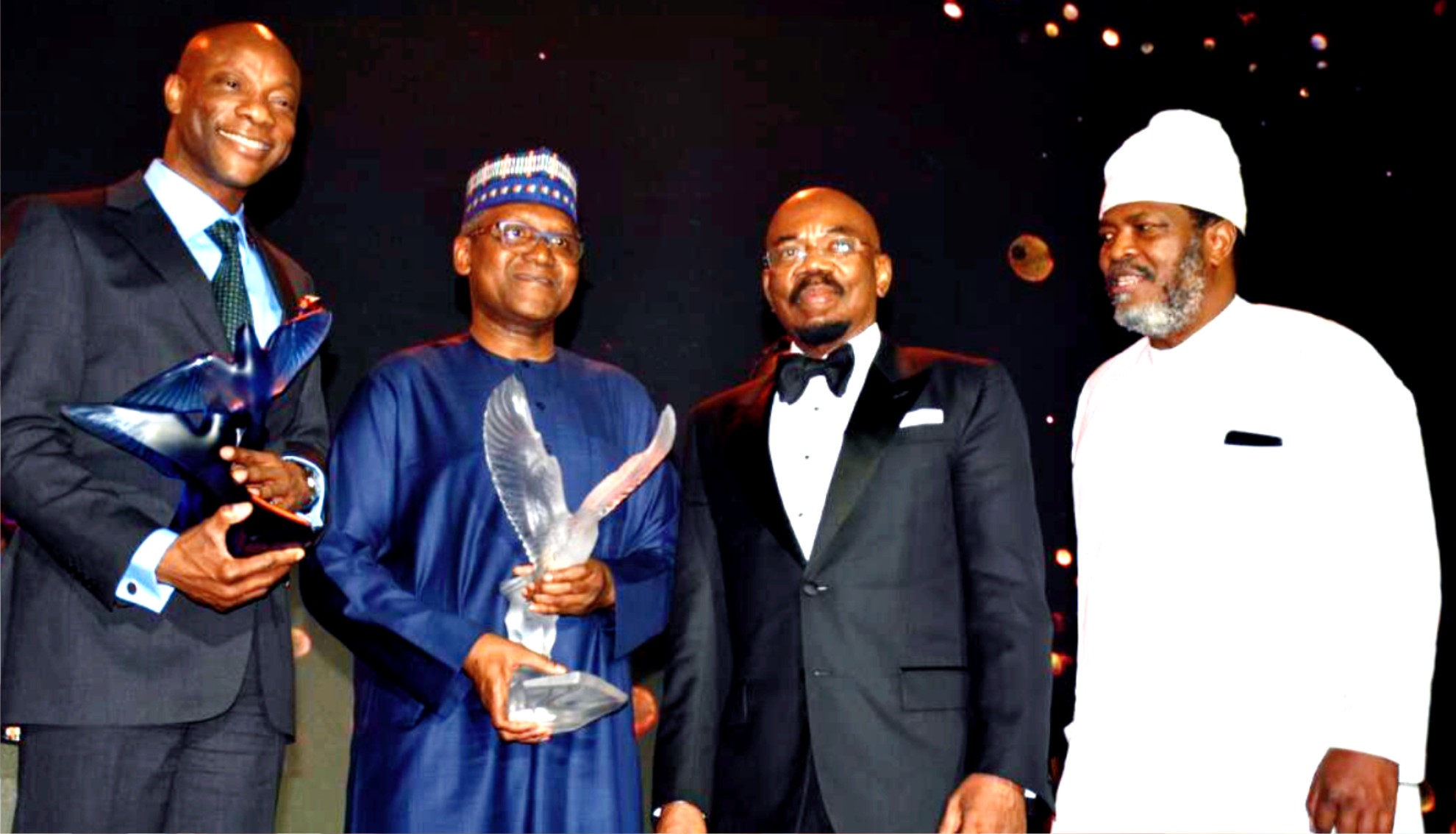Business
IMF, World Bank Differ On Nigeria’s Growth Forecast

Contrary to the 2.1 per cent growth projected by the World Bank in the Nigerian economy, the International Monetary Fund (IMF) has projected 2.5 per cent growth for it.
The IMF projection, as contained in its January Global Economic Outlook, released yesterday, covers two-year growth target.
The IMF prediction is 0.4 per cent higher than 2.1 per cent projected by the World Bank for three years: 2020 – 2023.
The World Bank report was captured in its January Global Economic Prospects released on January 8.
It, however, described the country’s macroeconomic framework as not “conducive to confidence”, adding that the macroeconomic framework is characterised by multiple exchange rates, foreign exchange restrictions and persistent inflation.
In the report titled: “Tentative stabilisation, sluggish recovery”, signed by Gita Gopinath, an Economic Counsellor and Director of the Research Department at the Fund, the IMF said the Nigerian economy will grow at 2.5 per cent this year and the next.
According to the Fund, the economy grew 1.9 per cent in 2018 and 2.3 per cent last year.
The IMF report said in sub-Saharan Africa, growth is expected to strengthen to 3.5 percent in 2020 to 2021 from 3.3 per cent last year.
The projection is 0.1 percentage point lower than in the October World Economic Outlook for 2020 and 0.2 percentage point weaker for 2021.
“This”, the Fund said: “reflects downward revisions for South Africa (where structural constraints and deteriorating public finances are holding back business confidence and private investment) and for Ethiopia where public sector consolidation, needed to contain debt vulnerabilities, is expected to weigh on growth.”
It said global growth is projected to rise from an estimated 2.9 per cent last year to 3.3 per cent in 2020 and 3.4 per cent for 2021 a downward revision of 0.1 percentage point for last year and 2020 and 0.2 for 2021.
According to the IMF, low interest rates and reduced trade tensions will likely buoy the global economy over the next two years and help nurture steady if modest growth.
The IMF said emerging market economies in macroeconomic distress related to domestic imbalances would need to continue making the policy adjustments necessary for rebuilding confidence and putting in place the conditions for a return to stable and sustainable growth.
The report said: “In these contexts, ensuring adequate safety nets to protect the vulnerable remains critical within overall existing constraints.
Business
Agency Gives Insight Into Its Inspection, Monitoring Operations

Business
BVN Enrolments Rise 6% To 67.8m In 2025 — NIBSS

The Nigeria Inter-Bank Settlement System (NIBSS) has said that Bank Verification Number (BVN) enrolments rose by 6.8 per cent year-on-year to 67.8 million as at December 2025, up from 63.5 million recorded in the corresponding period of 2024.
In a statement published on its website, NIBSS attributed the growth to stronger policy enforcement by the Central Bank of Nigeria (CBN) and the expansion of diaspora enrolment initiatives.
NIBSS noted that the expansion reinforces the BVN system’s central role in Nigeria’s financial inclusion drive and digital identity framework.
Another major driver, the statement said, was the rollout of the Non-Resident Bank Verification Number (NRBVN) initiative, which allows Nigerians in the diaspora to obtain a BVN remotely without physical presence in the country.
A five-year analysis by NIBSS showed consistent growth in BVN enrolments, rising from 51.9 million in 2021 to 56.0 million in 2022, 60.1 million in 2023, 63.5 million in 2024 and 67.8 million by December 2025. The steady increase reflects stronger compliance with biometric identity requirements and improved coverage of the national banking identity system.
However, NIBSS noted that BVN enrolments still lag the total number of active bank accounts, which exceeded 320 million as of March 2025.
The gap, it explained, is largely due to multiple bank accounts linked to single BVNs, as well as customers yet to complete enrolment, despite the progress recorded.
Business
AFAN Unveils Plans To Boost Food Production In 2026
-

 News5 days ago
News5 days agoOji Clears Air On Appointment Of 15 Special Advisers By Fubara
-

 News5 days ago
News5 days agoNigeria Has Woken Up From Slumber Under Tinubu – Shettima
-

 Featured5 days ago
Featured5 days agoRivers: Impeachment Moves Against Fubara, Deputy Hits Rock …As CJ Declines Setting Up Panel
-
City Crime5 days ago
Health Commissioner Extols Fubara’s Commitment To Community Healthcare Delivery
-
News5 days ago
Nigeria To Begin Exporting Urea In 2028 -NMDPRA
-

 News5 days ago
News5 days agoKing Jaja Impacted Beyond Rivers -Deputy Gov
-
News5 days ago
US – Nigeria Security Engagement Translating Into Tangible Operational Gains – NSA
-

 News5 days ago
News5 days agoRivers Unveils Innovation Hub To Empower Youths, Curb Unemployment

